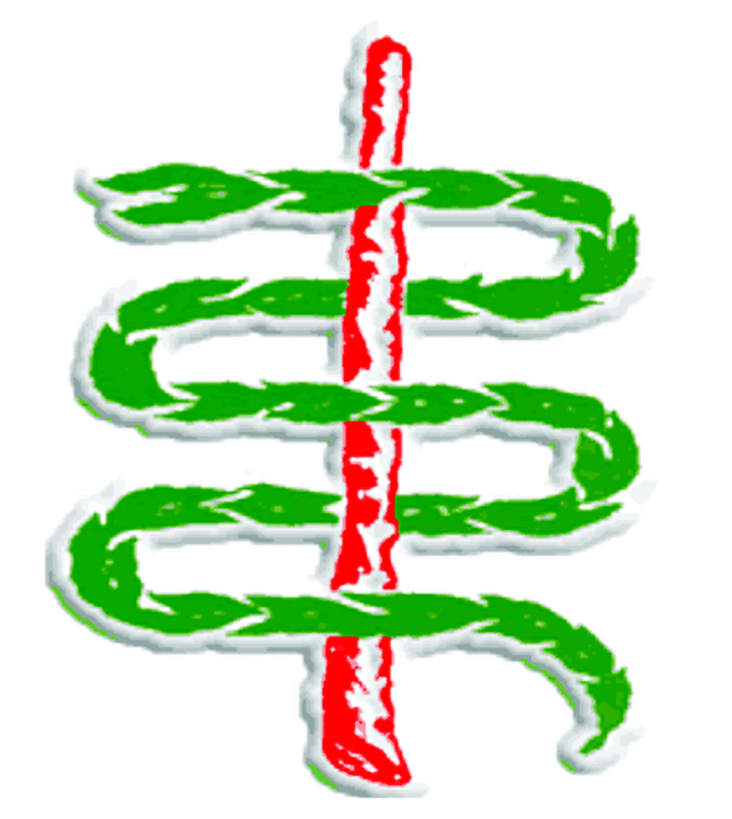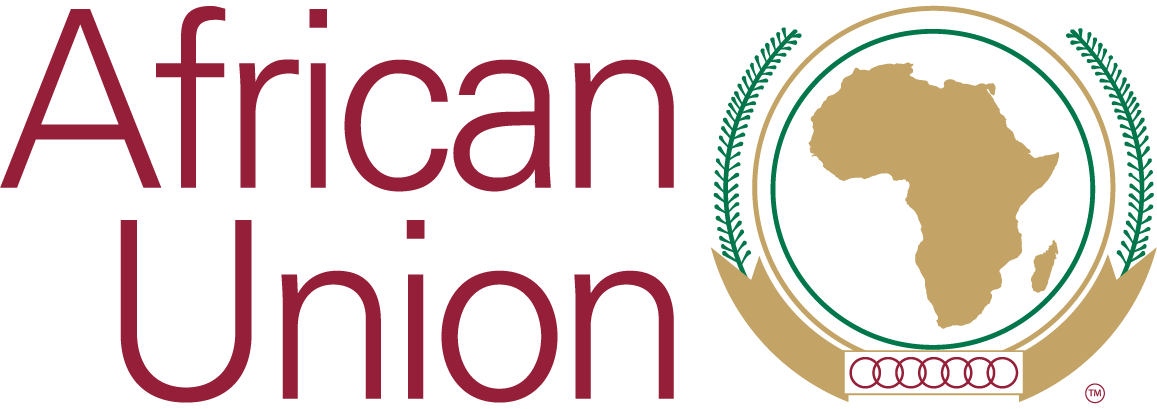The Food and Agriculture Organization of the United Nations (FAO) and the African Union Inter-African Phytosanitary Council (AU-IAPSC) will, from September 23 through 27, 2024, hold a workshop on “Enhancing the capacity of National Plant Protection Organizations and other stakeholders on pest modelling for early warning, preparedness, and decision-making, in Douala-Cameroon.
The workshop, to take place at Hotel SAWA, is meant to strengthen participating National Plant Protection Organizations (NPPOs) and other stakeholders’ capacity to develop risk maps, enabling them to make well-informed decisions regarding pest management.
Insect pests have been causing significant agricultural losses in many African countries, posing a serious threat to food security for millions of people. Fall armyworm, Tuta absoluta, Asian fruit fly, and African Armyworm are some of the most destructive pests, wreaking havoc on crops and livelihoods.
Despite efforts to promote various management strategies, there is a critical lack of effective prediction and control of these pests. Most African countries are notably underfunded in monitoring, forecasting, and early warning systems. As a result, interventions are sporadic and often ineffective, and policy-making suffers from a lack of substantial evidence. This leads to high pest incidence, forcing governments to resort to costly chemical controls that also harm the environment. Reports consistently show that preventive measures are more economically advantageous than reactive approaches.
The root cause of inadequate investment in essential pest management infrastructure lies in a lack of technical expertise and limited access to up-to-date tools and reliable data. To address these challenges, a hands-on training workshop for stakeholders from Regional Economic Communities (RECs) would be highly beneficial. This training will empower participants to choose appropriate management strategies for specific pests at the right times and locations, thereby reducing the extensive damage caused by these pests and improving food security.
The hands-on training workshop has been meticulously crafted to achieve the following specific objectives:
- Data management: The workshop will introduce participants to essential data and demonstrate various data processing tools that support effective pest management strategies.
- Introduction to GIS and modelling concepts: Participants will gain familiarity with Geographic Information Systems (GIS) and basic modelling techniques, which are crucial for pest risk assessment.
- Understanding agroecological characterization and ecological similarity: The workshop will provide participants with foundational theories in agroecology to enhance their understanding of pest dynamics in relation to their environments and the spread patterns of pests.
- Generation of pest risk maps: Each country will receive assistance in creating specific risk maps for various insect pests tailored to their local contexts.
- Data interpretation skills: The workshop aims to enhance participants’ skills in interpreting data, which is critical for an evidence-based decision-making process.
- Development of informational products: Participants will be trained in the creation of newsletters and other materials that effectively communicate pest risk and management information to a broad audience.
- Establishment of a data sharing framework: The workshop will facilitate the establishment of a system for sharing data among participating countries, fostering collaboration and enhancing regional pest management strategies.
The event will be chaired by both FAO and AU-IAPSC Officials, with attendance from twenty African countries, including:, Benin, Burundi, Botwsana, Cameroon, Congo (DRC), Comoros, Djibouti, Central African Republic, Chad, Equatorial Guinea, Gabon, Kenya, Morocco, Mozambique, Rwanda, Sao Tome and Principe, Senegal, Somalia, South Africa, and Zambia; and institutions like the University of Pretoria, Chuka University (Nairobi), CABI- Nairobi, RCMRD- Nairobi, the South African National Biodiversity Institute (SANBI), KEPHIS- Kenya, and TolBi-Senegal.


